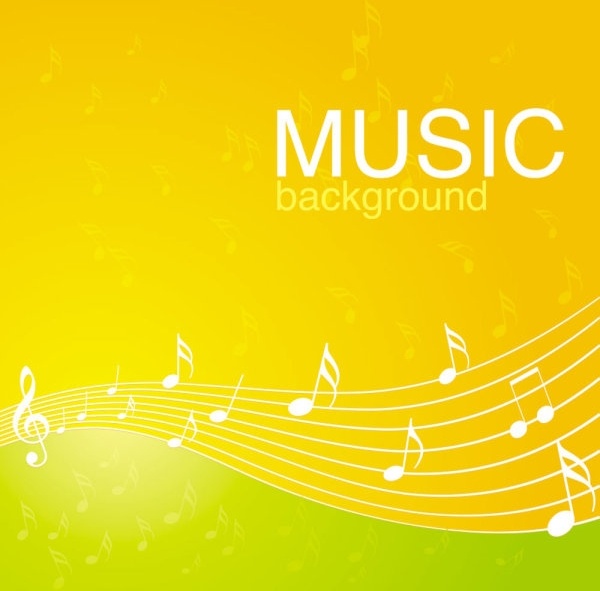
One project outfitted a Levi’s jacket with synthesizer keys and speakers. Rigopulos, who played in a Balinese gamelan orchestra, and Egozy, a clarinetist, studied hyperinstruments-interactive devices used to explore new forms of musical expression-under the tutelage of MIT scientist and composer Tod Machover. Rigopulos and Egozy first started experimenting with music and technology as members of the computer-music group at MIT’s Media Lab in the early 1990s. Rigopulos, who as the CEO spends most of his time on the business side but still helps design the games, adds that Harmonix has been trying to “raise the bar with every game that we release in terms of accessibility and emotional impact.” The challenge, he says, has been solving various technical problems along the way. “We’re trying to let people feel the awesome power of performing on stage,” says Egozy, who leads the company’s engineering staff. Now the company employs 300 people, a mix of musicians and engineers. In 2006, after the meteoric success of Harmonix’s music games, MTV purchased it for $175 million. The duo launched the company in 1995 when they were graduate students at MIT. “They’ve made games social.”Īnd they’ve made real-life stars out of the inventors of Rock Band and Guitar Hero, Harmonix founders Alex Rigopulos and Eran Egozy. “These games are all about tapping into the community,” says Stephen Prentice, an Egham, England–based analyst for technology research firm Gartner. There are Rock Band parties and tournaments, and gamers flock to online forums to share tips and discuss the latest peripherals. The genre has become a phenomenon of its own, garnering fans of diverse ages and backgrounds.

Beatles music keys infographic series#
The series is an outgrowth of Guitar Hero, the pioneering music game, which has grossed over $2 billion. Since debuting in 2007, Rock Band and its sequel, Rock Band 2, have earned more than US $1 billion in North America alone. The new Beatles game is the third and most ambitious title in the Rock Band franchise, one of the most successful video games ever made. Now the video-game deal might convince Apple Corps that it needs to explore other distribution channels to keep the band relevant. Apple Corps (not to be confused with the Apple of Macintosh and iPod fame), which manages the rights to the band’s original recordings, has long been reluctant about selling songs through online stores. This is the Beatles’ first step into the digital entertainment domain.

Last year, word of the game’s impending release generated Beatlemania-like buzz. They also developed a pitch-evaluating system that can monitor three players singing harmonies- sun, sun, sun, here it comes-a key part of the Beatles’ music. To create the separate instrument and vocal tracks the game needs, Harmonix engineers had to use special audio filters to extract every note from the master tapes.

Paul McCartney and Ringo Starr, as well as Yoko Ono and Olivia Harrison, the widows of John Lennon and George Harrison, helped Harmonix pick the songs and tweak the graphics.īut the game also stands out for all the music technology behind it. The game, created by Harmonix and published by MTV Games, features 45 career-spanning songs and pixelated Beatles characters performing at locations like the Cavern Club in Liverpool and Shea Stadium in New York City.


 0 kommentar(er)
0 kommentar(er)
